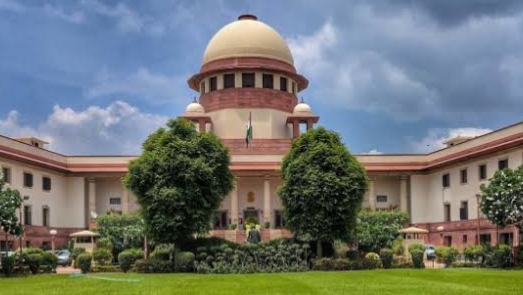Rehan Khan
On October 17, 2024, the Supreme Court of India delivered its long-awaited judgment on the constitutional validity of Section 6A of the Citizenship Act, 1955. Justice J.B. Pardiwala, in a dissenting opinion, raised significant concerns about the provision, arguing that it incentivizes undocumented immigrants from Bangladesh to remain in Assam indefinitely until they are detected by the State.
Justice Pardiwala pointed out that Section 6A(3), which deals with the registration of immigrants as citizens, mandates that they must first be detected as foreigners. However, the law does not provide a mechanism for self-declaration or voluntary identification as foreigners, leaving the responsibility entirely on the State to detect them. “This creates a scenario where immigrants, despite being undocumented, continue to stay on electoral rolls until the State identifies them,” he said. He further observed that Section 6A lacks an outer time limit for this detection process, leading to an indefinite delay in identifying foreigners.
Highlighting the arbitrary nature of the provision, Justice Pardiwala stated that individuals detected as foreigners can have their names removed from the electoral rolls, but only for a period of ten years. “This consequence is inconsistent with the objective of early detection, deportation, and conferment of citizenship,” he remarked.
In his dissent, Justice Pardiwala concluded that Section 6A should no longer apply to immigrants in Assam from the date of the judgment. He argued that the provision’s delay in setting a clear timeline undermines its effectiveness, allowing immigrants to stay on the electoral rolls and enjoy rights as de facto citizens.
While Chief Justice D.Y. Chandrachud and Justice Surya Kant upheld the constitutionality of Section 6A, Justice Pardiwala stood alone in dissent, emphasizing the need for a stricter and more efficient framework for detecting and regulating undocumented immigrants in Assam.

